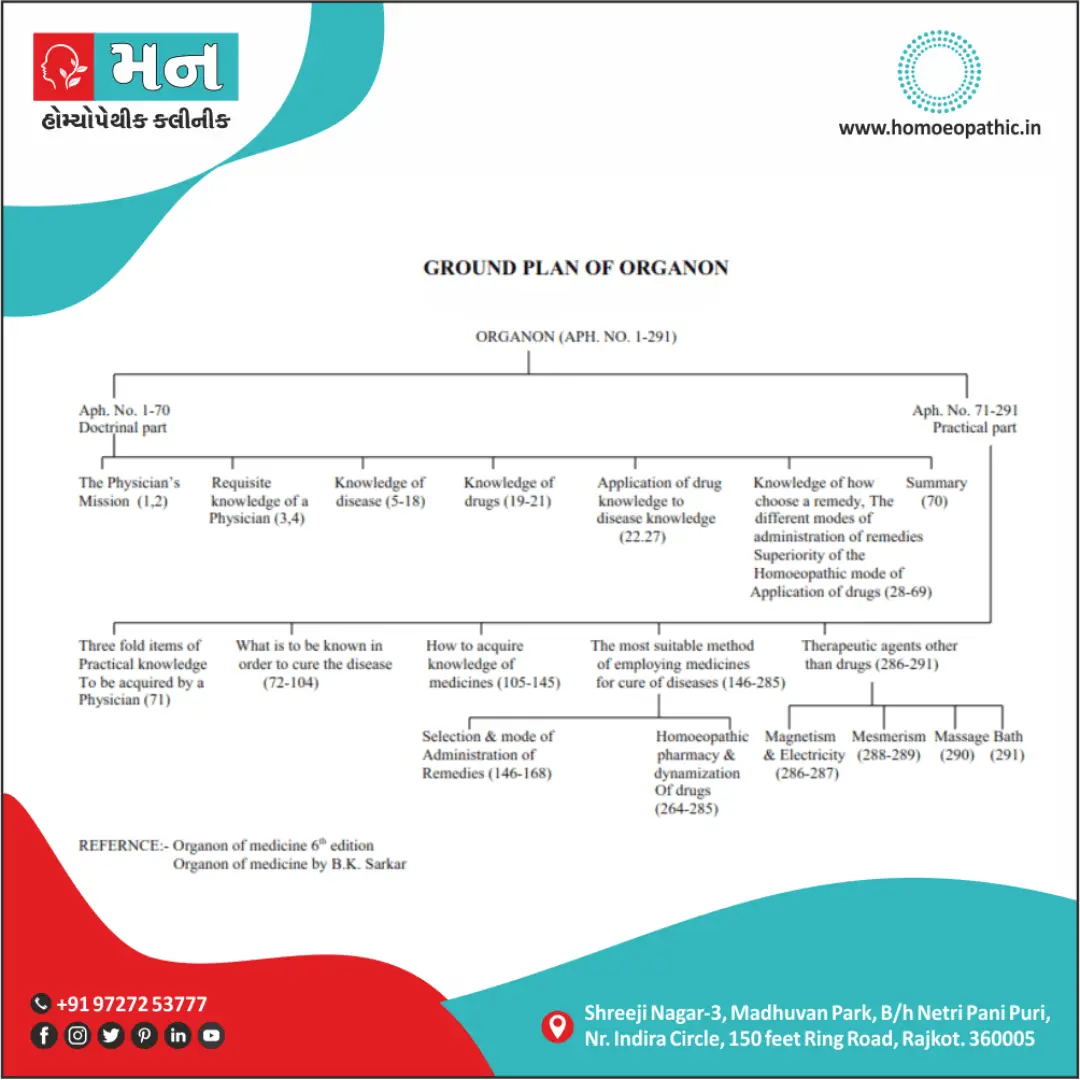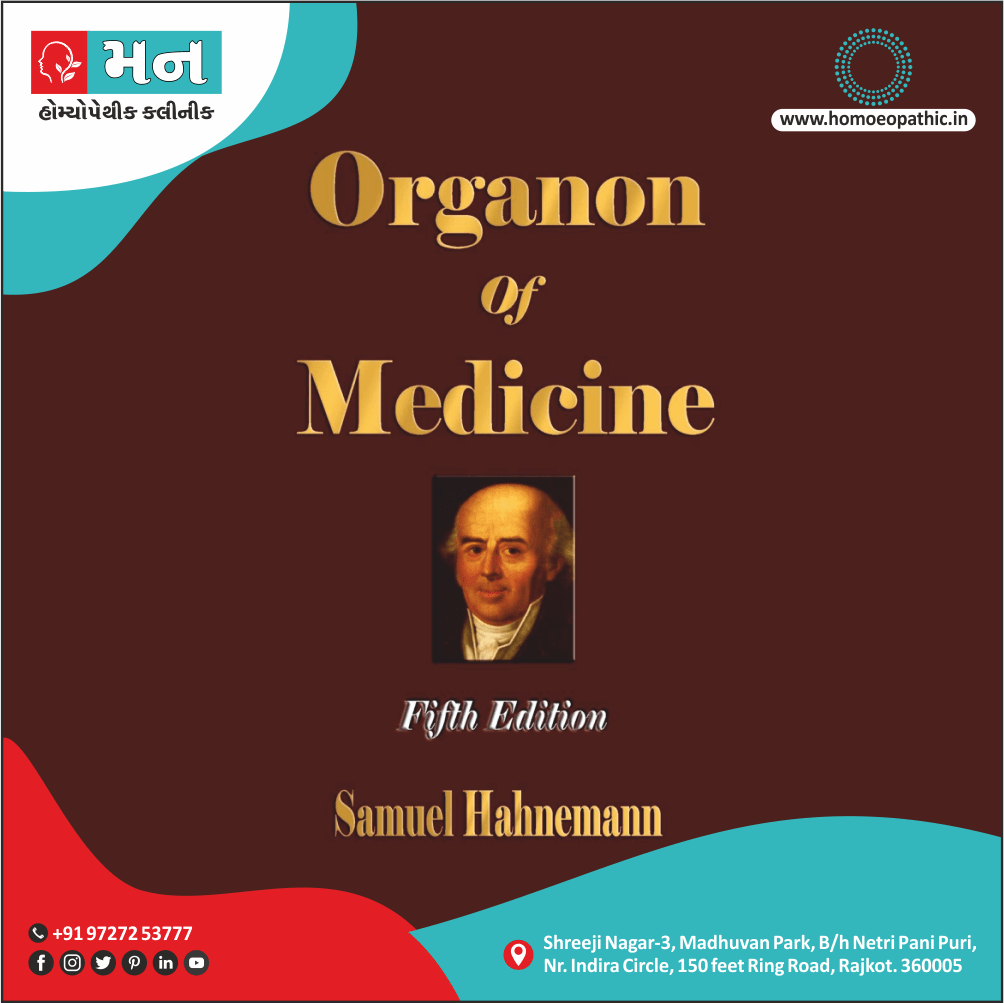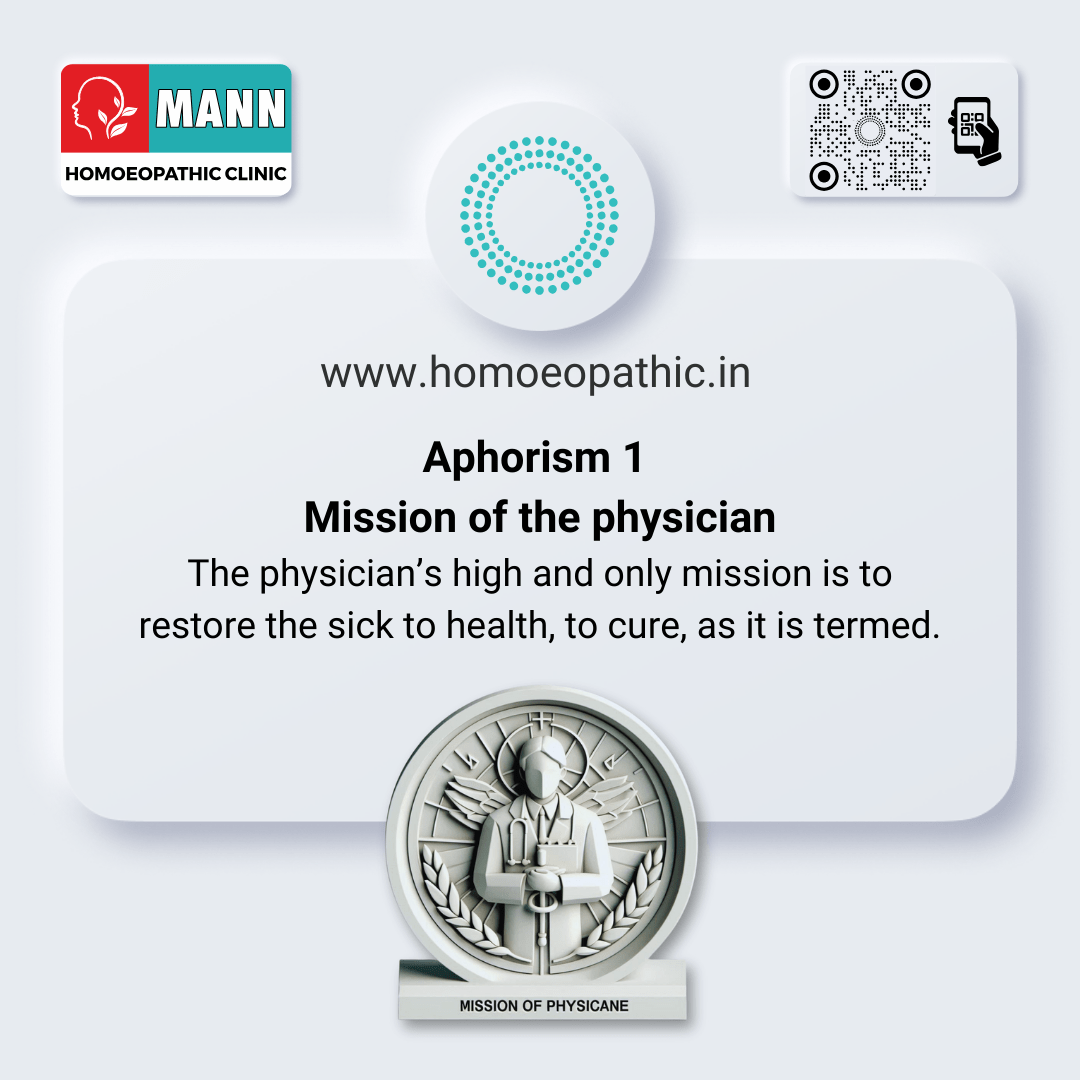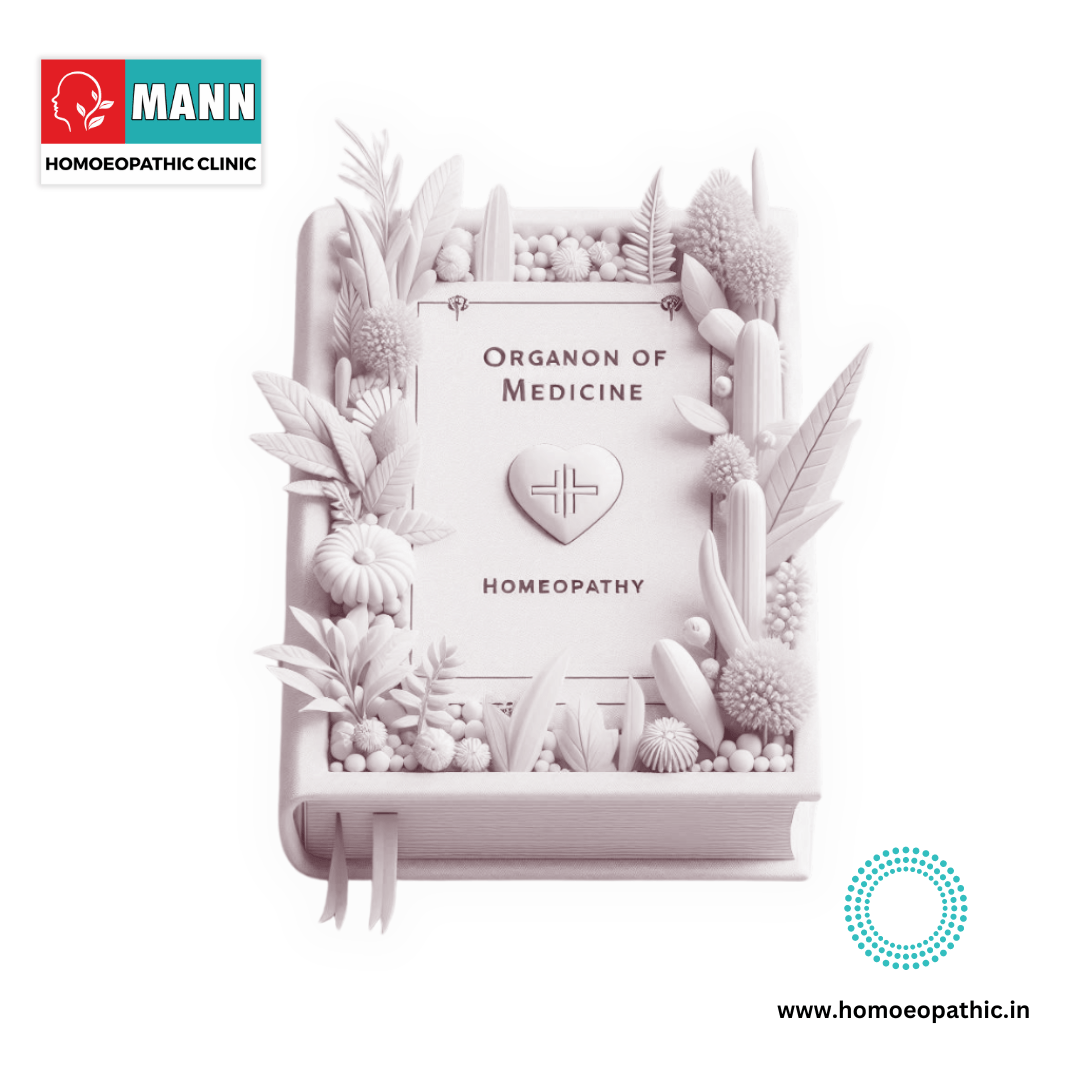Aphorism 294
Aphorism 294 § 294 Aphorism 294 : Fifth Edition* All the above-mentioned methods of practicing mesmerism depend upon an influx of more or less vital force into the patient, and hence are termed positive mesmerism.1 An opposite mode of employing mesmerism, however, as it produces just the contrary effect, deserves…




